10 Unusual Pet Laws from Around the Globe
Pet ownership isn’t all belly rubs and chew toys. Around the world, governments have stepped in with some truly unexpected laws that shape how people live with their animals. This article lists quirky pet laws that prove humans will go to great lengths to manage their furry, feathery, and scaly companions.
Switzerland Says No to Lonely Guinea Pigs
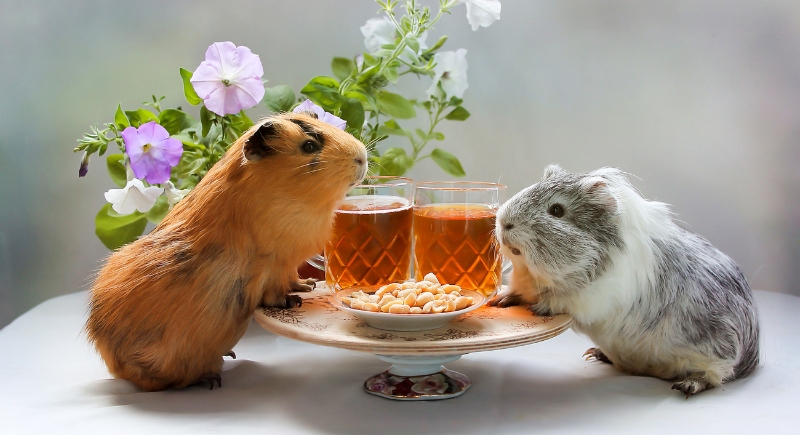
Credit: Getty Images
In Swiss law, social animals can’t live alone. That means your guinea pig, parrot, or goldfish needs a buddy by law. The country treats loneliness in pets as a welfare issue and enforces rules to ensure they get the social interaction they naturally crave.
Germany’s Dog Tax Favors the Tiny

Credit: Getty Images
Dog ownership in Germany comes with a monthly tax. The cost varies by municipality and sometimes hinges on breed—dogs labeled “dangerous” can rack up higher fees. In cities like Berlin and Munich, the rate might make you think twice about adopting a Rottweiler over a Dachshund.
Sweden Wants Dogs to Have a Room with a View

Credit: pexels
Dog daycare regulations in Sweden require that dogs have access to a sunlit window. The rule is meant to reduce stress and support canine mental health. Peeking out at the world is practically a dog’s right.
Oklahoma Bans Ugly Faces—on Dogs
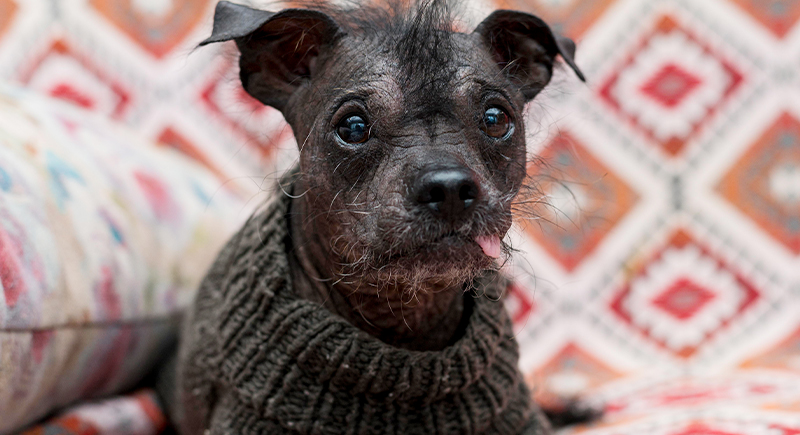
Credit: freepik
Yes, you read that correctly. In Oklahoma, making an “ugly face” at a dog can lead to fines or even time behind bars. The law is vague on what qualifies as ugly, but technically, you’re not supposed to scowl at your pup either.
Australia Requires Pets to Be Registered

Credit: Getty Images
Spaying, neutering, and registering pets is mandatory in many parts of Australia. This effort helps control stray populations and ensures lost pets can be returned to their rightful homes. Owners who skip these steps can face fines.
California Forbids Eating Your Competition Frog
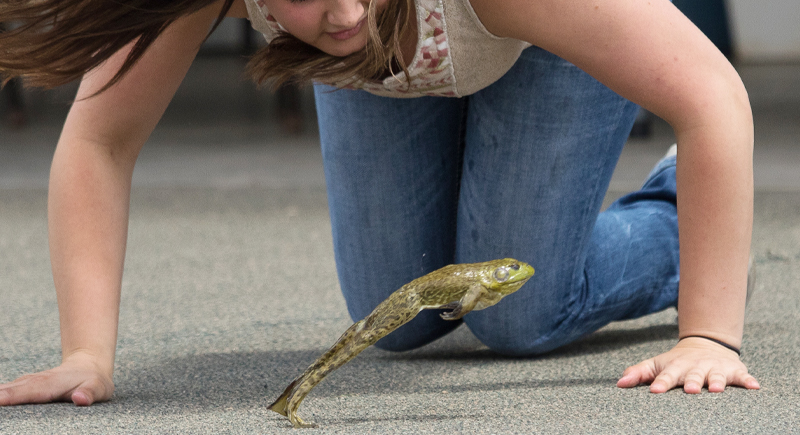
Credit: Wikimedia Commons
Frog-jumping contests are perfectly legal in California. But if your frog perished during the event, you can’t eat it. It’s a quirky intersection of tradition, animal welfare, and, apparently, culinary control.
Japan Requires Microchipping for Dogs and Cats

Credit: Getty Images
Since 2022, Japan has made microchipping mandatory for dogs and cats. This tiny bit of tech makes a big difference when it comes to reuniting pets with owners after natural disasters or accidental escapes.
Ferrets Are Persona Non Grata in California

Credit: pixabay
Despite their Instagram appeal and general fluffiness, ferrets are banned as pets in California. The state sees them as a threat to local ecosystems and classifies them as wild animals. Pet owners have pushed to overturn the ban for decades, but the law’s still holding strong.
In Georgia, You Llama, You Buy It
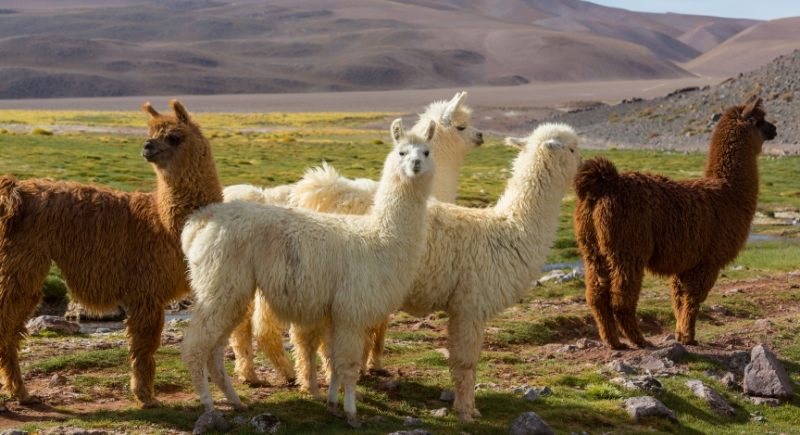
Credit: Canva
Georgia law includes a clause about llama-related activities—yes, really. If you engage in any llama experiences, you can’t sue anyone for injuries or losses related to them. The law assumes you know the risks of interacting with these spit-happy animals. So once you’re in, you’re all in.
Horse Mating Must Happen in Private in Ohio
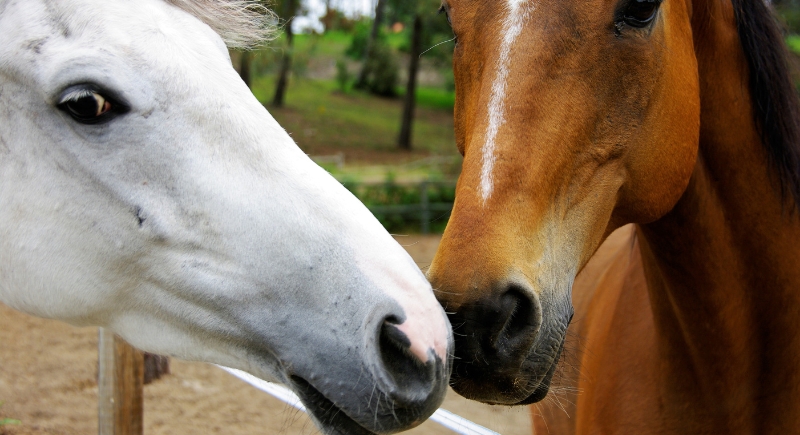
Credit: Getty Images
Ohio doesn’t allow stallions to mate with mares near public roads or alleys. It’s one of those odd laws that likely came after a very specific complaint. If your horses are in the mood, keep it off the street.
No Dogs Allowed in Salons in Juneau
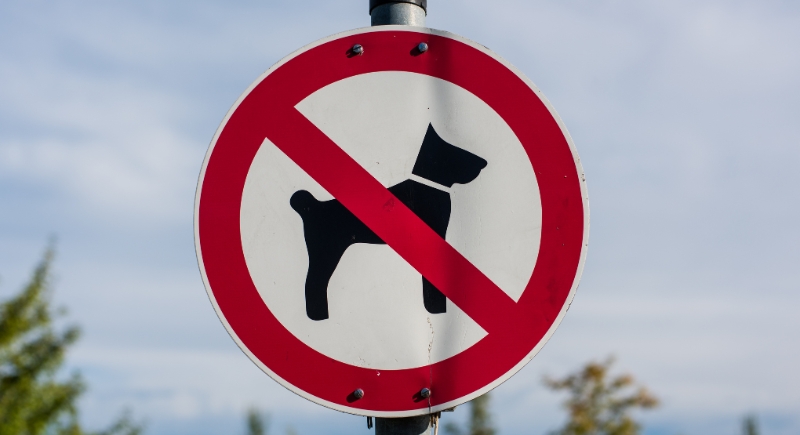
Credit: Getty Images
In Juneau, Alaska, dogs are not allowed in beauty salons or barbershops. The rule dates back to earlier health codes and is still in effect.
Italy Fines You for Skipping Dog Walks

Credit: Getty Images
In Turin, Italy, loving your dog is not enough—you have to prove it with your feet. If you don’t walk your dog at least three times a day, you could be fined up to $721. It guarantees pups rack up more steps than most fitness trackers!
Goldfish Bowls Are Banned in Rome
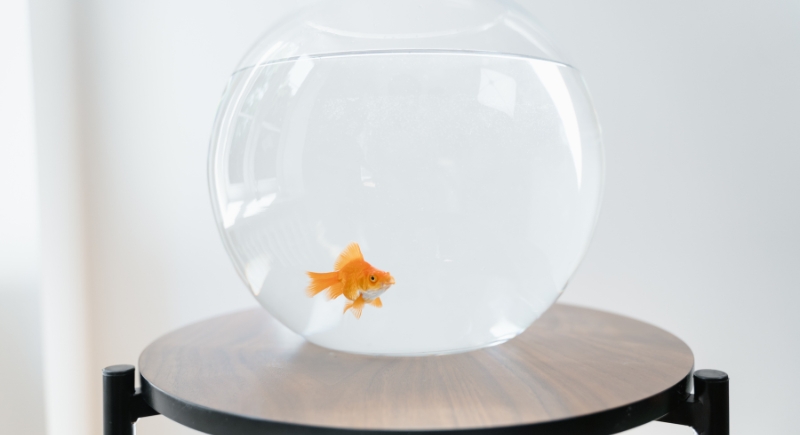
Credit: pexels
In 2005, Rome decided it was time to give goldfish a better deal. The city passed a law making it illegal to keep goldfish in round bowls or give them away as prizes. Officials said bowls limit oxygen and distort the fish’s view—basically, not the most humane setup.
No Annoying Pets Allowed in Scotland

Credit: Getty Images
If your animal is in a public place, it can’t annoy or disturb other people. The law is vague about what counts as “annoying,” but the idea is clear: pet owners are responsible for their animals’ behavior in shared spaces.
Blue Ducklings? Not in Kentucky

Credit: Getty Images
Kentucky prohibits coloring baby chicks or ducklings with the intent to sell them, a rule aimed at protecting animals from being treated like novelty items. Dyeing them for fun is a gray area, but selling them after? That’s where the law kicks in.